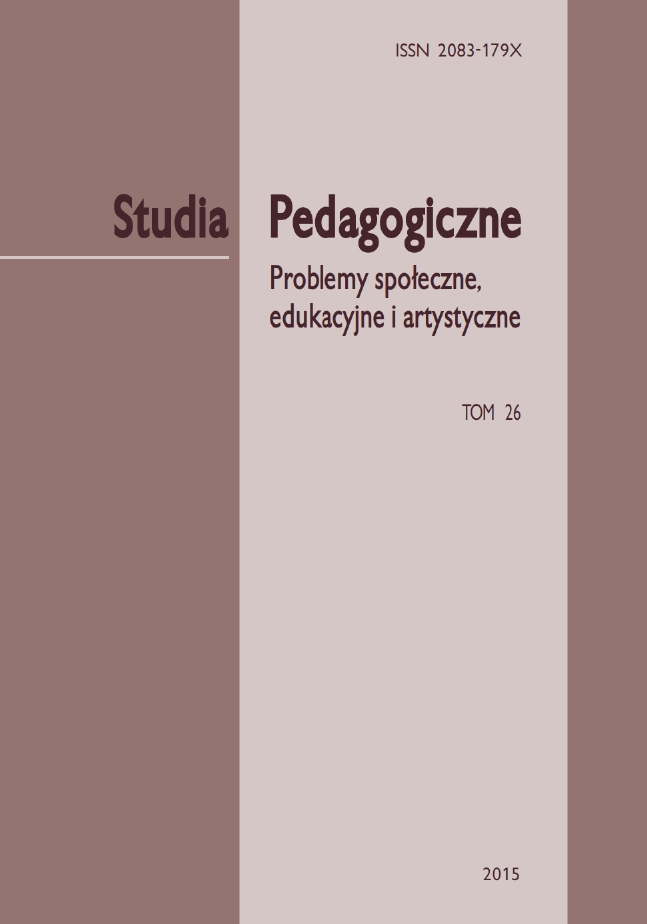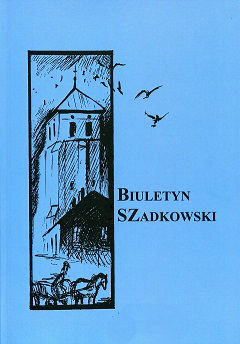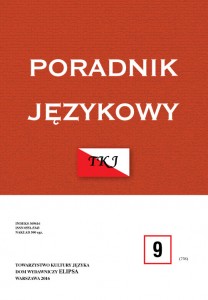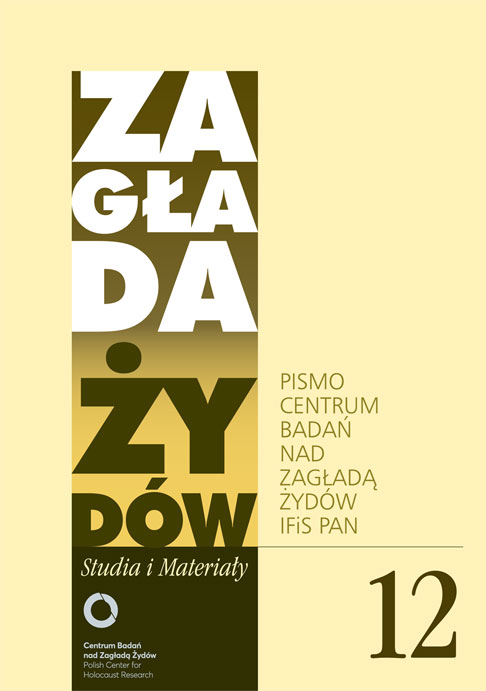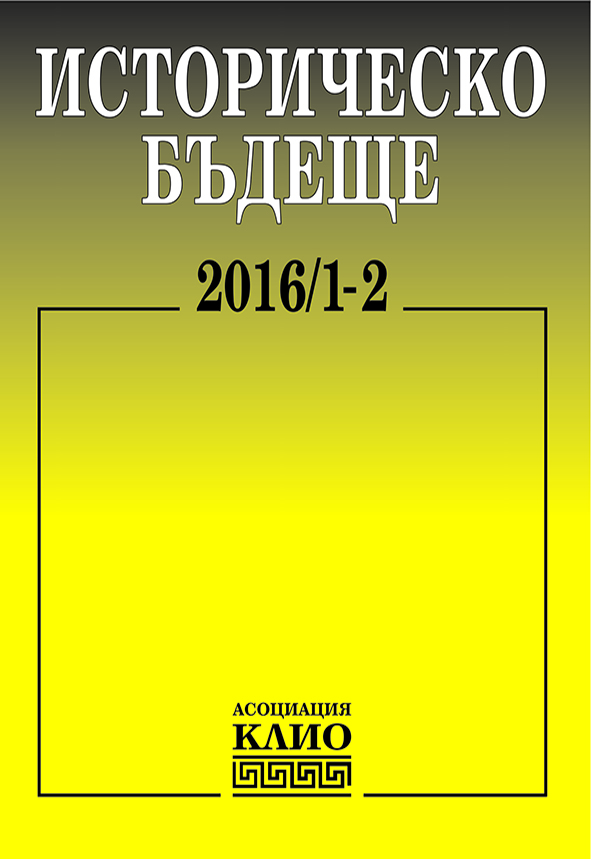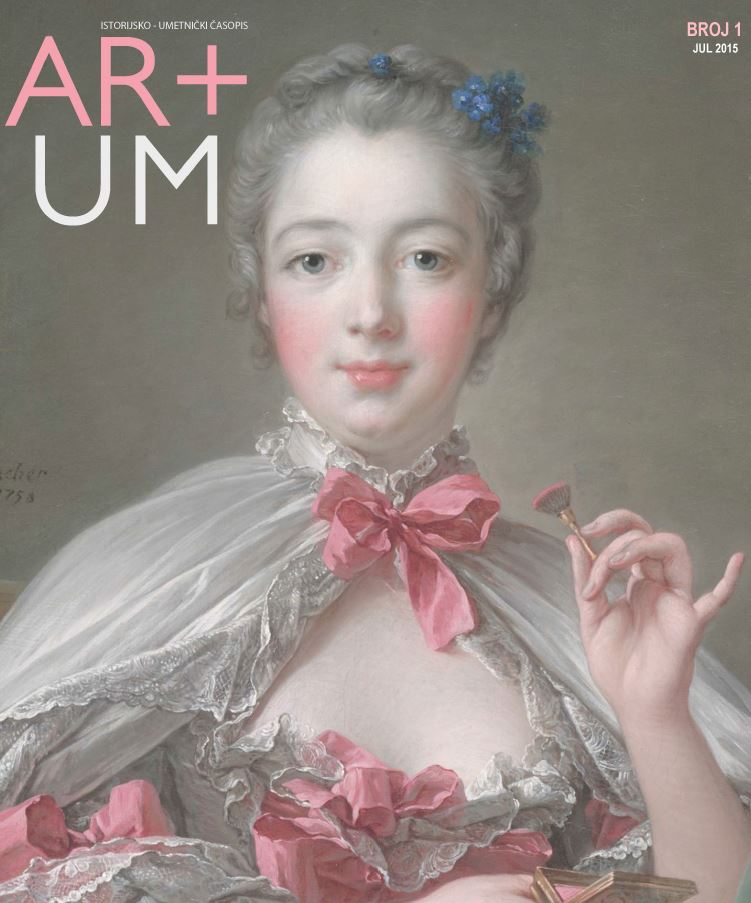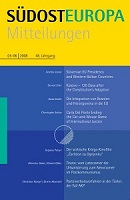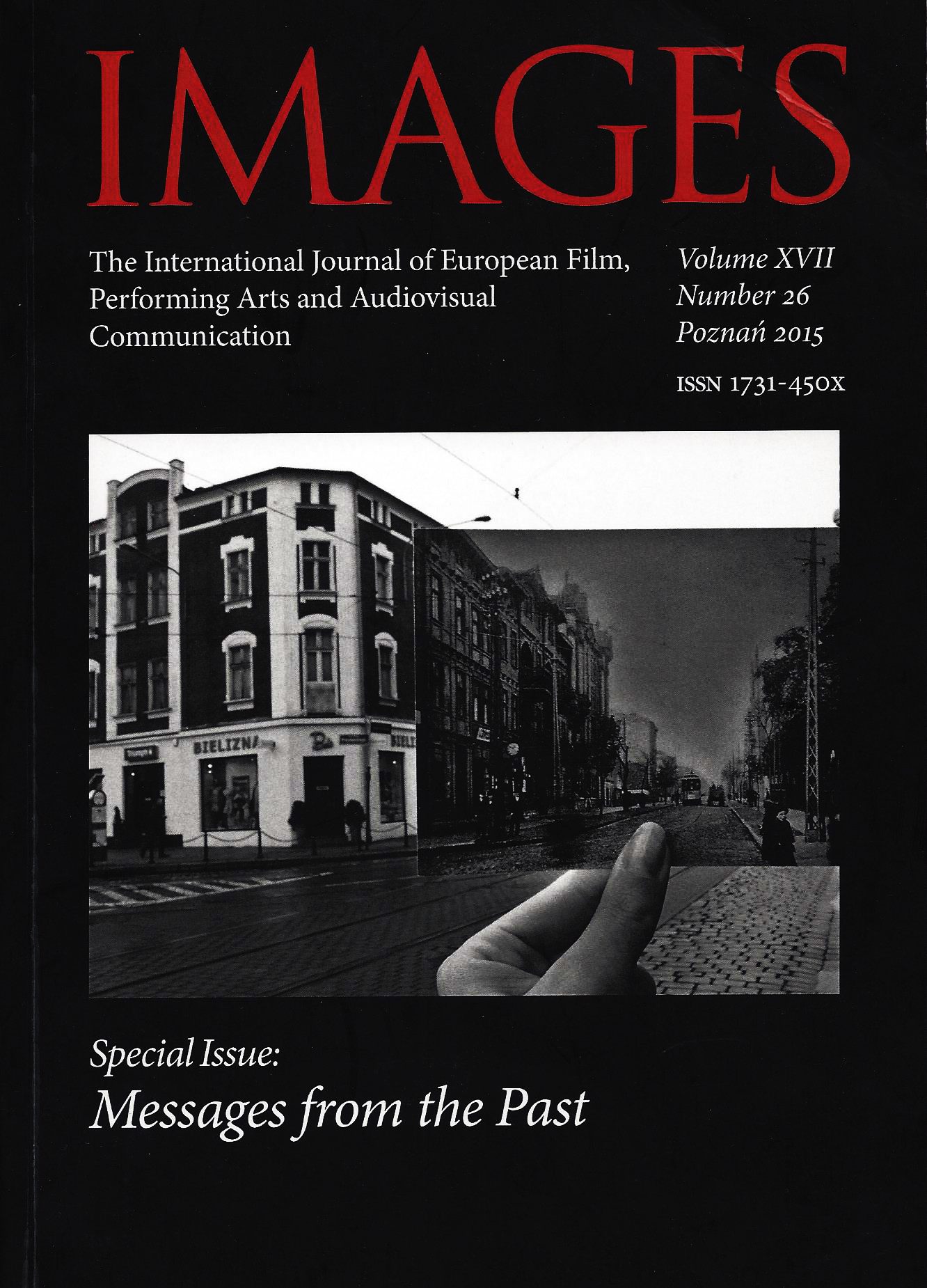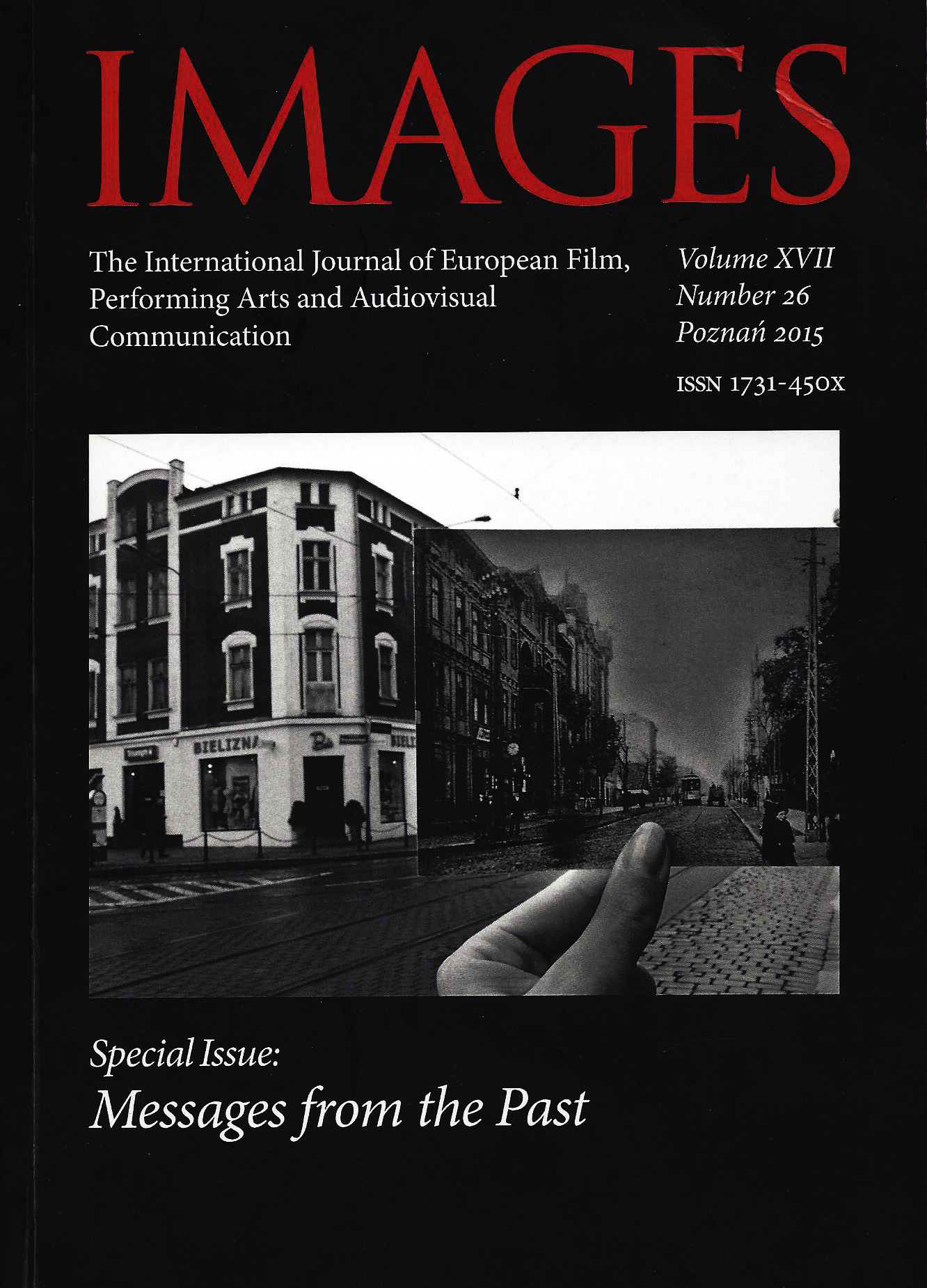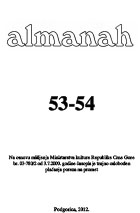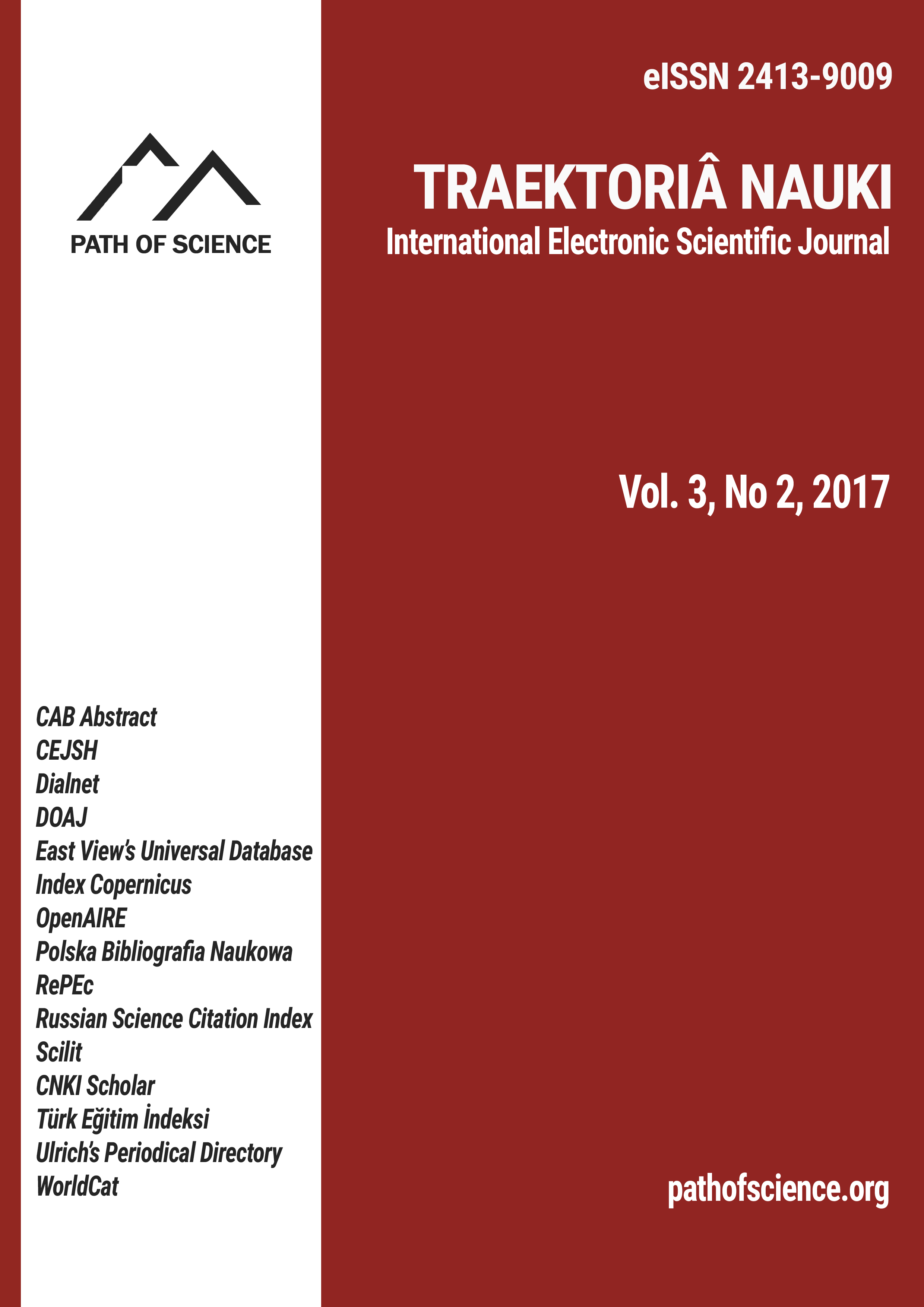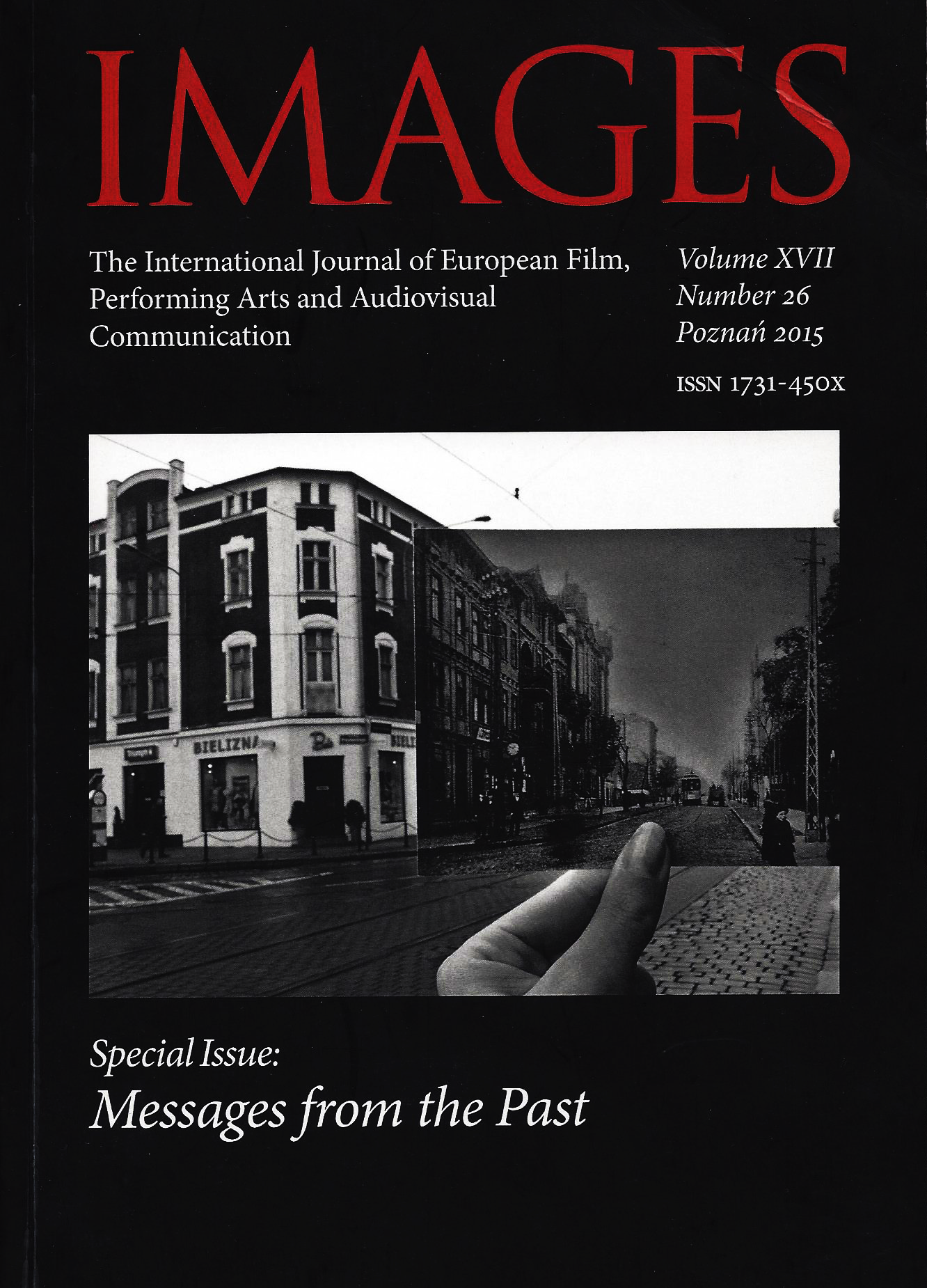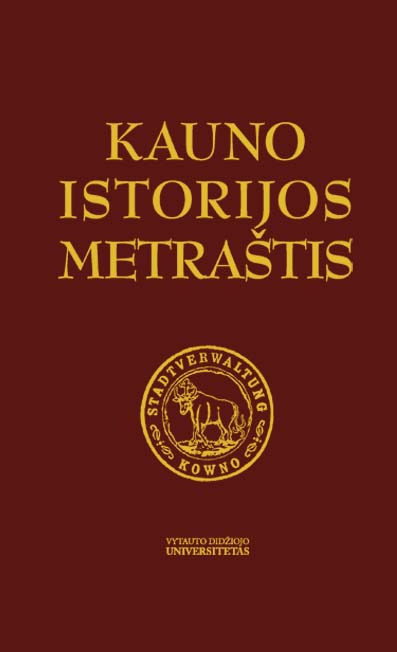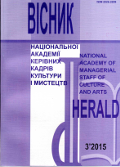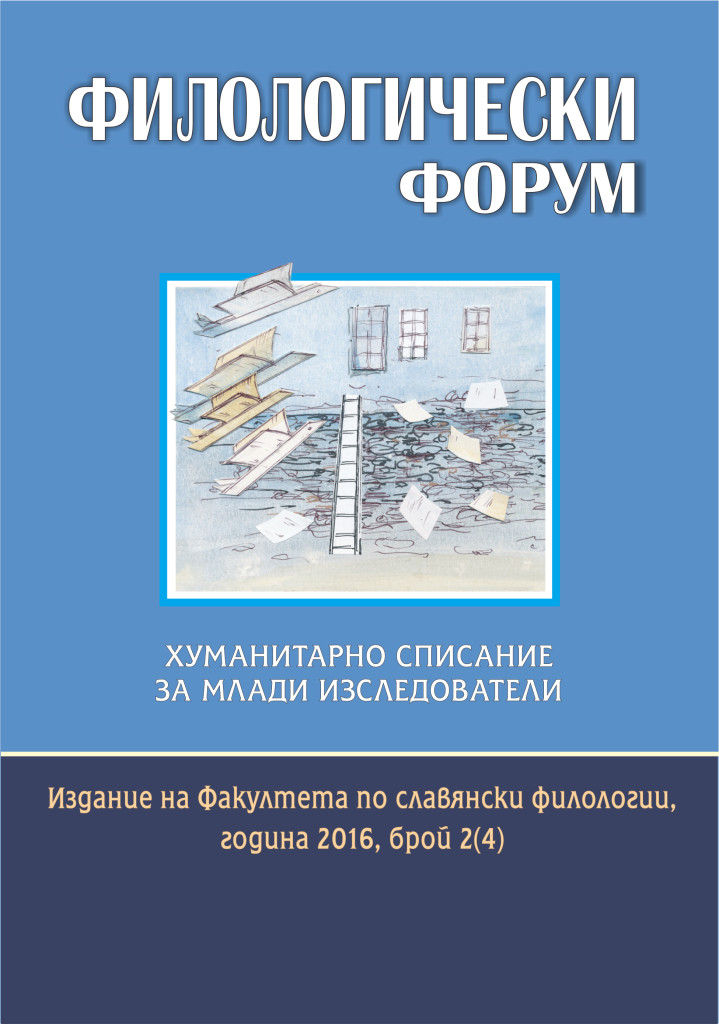Author(s): Olexandr Ototiyk / Language(s): Ukrainian
Issue: 3/2015
The proposed scientific article aims to reveal the contents of a number of definitions that have emerged and existed in a cultural space of Ukraine during the period of Ukrainization, but in subsequent periods of history their meaning depreciated or phenomena that they characterized disappeared. However, they should be preserved in national cultural memory, because without experience and understanding of cultural problems of the past the cultural progress of Ukraine in the XXI century could not continue full. Taking into account that scientists have an aim to explore definitions and terminology relating to specific cultural phenomena it is important to continue to research and study such definitions that were inherent in certain periods of the history of culture, even if these definitions disappeared from circulation as a result of changes in the socio-cultural sphere. On the base of the proposed analysis of historiography, particularly different registers of definitions of history, culture and dictionaries of cultural studies we’ve identified that they described definitions that reveal as the main stages of cultural progress of humanity as its aspects. However, most definitions of the cultural life of the period since 1920 to early 1930's are not displayed in these registers. Thus, the proposed scientific article aims to reveal the content of a number of definitions that have emerged and existed in a cultural space of Ukraine during the period of Ukrainization. Describing definitions that were used Ukraine during the period of Ukrainization and partly in other periods of history of Ukraine in 1917-91, we could, making an analogy with the dystopian novel of G. Orwell "1984", talk about synthetic and utopian content of studied definitions. We’ve studied a lot of specific definitions of the socio-cultural space and relationships that emerged: different names of the central government and regional authorities of culture and education (they dealt with organization and management of cultural life and education of the Ukrainian society, according to official culture policy of the Soviet state: TsUD, Holovlit, Ahitprop); different positions (a censor and the most famous position – kul'tarmiyets – a person, which implements the policy of “likvidatsiya nepysemnosti”); different creative organizations, literary and artistic associations that reflected the culture of the period of Ukrainization, creativity and ideas of their organizers, who believed in prospects of development of Ukrainian culture within the Soviet state. Their names become common names (VAPLITE, VUSPP, Hart, Komunkul't). It was determined that exactly during the installation of the Bolsheviks' power and then the Soviet power and their attempts to implement the synthetic cultural phenomenon "Proletkult" appeared, for the first time in the history of world culture, such definitions as: ideological and political, vapid contents of fiction and works of art, hostile and malicious publications, special funds of libraries etc. Along with such definitions as culture and art appeared next phrase: political-educational, propagandistic, political propaganda, agitation, daily political propaganda work, a propaganda repertoire, ideological education, dogmatic party criticism, "nationalist deviation", a hostile and anti-proletarian stream in literature, literature mobilization in the service of social and political challenge, "bourgeois" theater, "dying" tradition etc. Such collocation as "Cultural development” was the invention of the re-searched period. So, activities of legislative and executive authorities were aimed exactly on the process of building – planed and schematic process with the expected result. Also some other specific definitions were determined during our research: old revolutionary intelligentsia or democratic intelligentsia, the first generation of Ukrainian Soviet intelligentsia, the new Ukrainian intelligentsia of the industrial era, the national-democratic intelligentsia etc. Some specific definitions that characterized intelligentsia were also found (a proletarian writer and the red writers). With the change of vectors of development of the Soviet state from the early 1930's (industrialization and increased state monopoly) appeared more special definitions of culture: a team of writers at a factory and new building (it was foreseen by the official campaign) and "a drummer of a pen" (similar to "a drummer of labor"). But despite the articles and slogans about submission of culture to requirements of a socialist economy and its cultural development there were no strong evidences that all so called workers of science, culture, education and even representatives of the local authorities performed tasks of creation of culture as a specific system in the state. The studied definitions existed since 1920 till the beginning of 1930’s were integral elements of communication in the cultural space but they are still poorly studied by Ukrainian scientists.
More...
